Maryland
Extreme Risk Protection Order
Governor Hogan signed Maryland’s Extreme Risk Protection Order (ERPO) into law in April 2018, and the law went into effect in October 2018. Maryland has seen success in its ERPO programs, which is largely credited to robust law enforcement trainings.
Maryland was the first state to include health professionals as authorized ERPO petitioners. Under Maryland law, physicians, psychologists, clinical social workers, licensed clinical professional counselors, clinical nurse specialists in psychiatric and mental health nursing, psychiatric nurse practitioners, licensed clinical marriage or family therapists, and health officers or designees of health officers who have examined a patient who may be the subject of an ERPO petition, are eligible to petition for an ERPO. In Maryland, law enforcement, spouses, cohabitants, individuals with common child, dating or intimate partners, family members, and guardians can also petition for an ERPO.1
Marylanders may petition for an ERPO 24 hours a day, 7 days a week. District Court provides access when the court is open; judicial commissioners are available when the court is closed to hear petitions for an interim ERPO order prohibiting a respondent from possessing a firearm if the commissioner finds that there are reasonable grounds to believe that the respondent poses an immediate and present danger of causing personal injury to themselves or others by possessing a firearm.2 If issued, an interim ERPO is in place until the court is open to hear a temporary ERPO petition or the end of the second business day following issuance of the interim ERPO.3 After a hearing on a petition, a judge may enter a temporary ERPO, which can be effective no more than seven days after service of the ERPO. To provide protection or for good cause, a judge may continue to extend the ERPO as needed for no more than six months. A final ERPO hearing provides a respondent with an opportunity to be heard on the question of whether a final ERPO should be issued. A final ERPO may be in place for no more than one year. 4
Maryland’s ERPO law includes confidentiality of ERPO court records5; a hearing where the respondent is provided notice and an opportunity to participate; the respondent’s right to counsel (at no expense to the government); and the requirement of relevant evidence when law enforcement intends to retain custody of the firearms.
1 Md. Public Safety Code Ann. § 5-601
2 Md. Public Safety Code Ann. § 5-603
3 Md. Public Safety Code Ann. § 5-603
4 Md. Public Safety Code Ann. § 5-605
5 Md. Public Safety Code Ann. § 5-602

